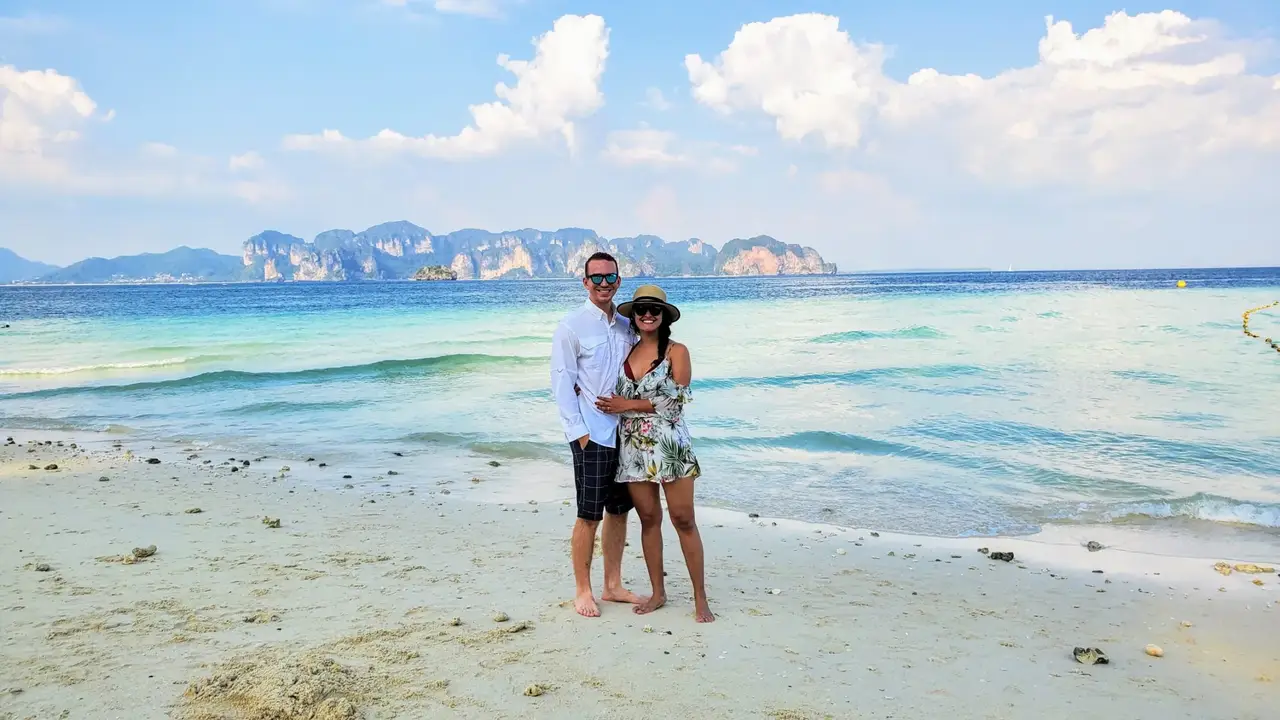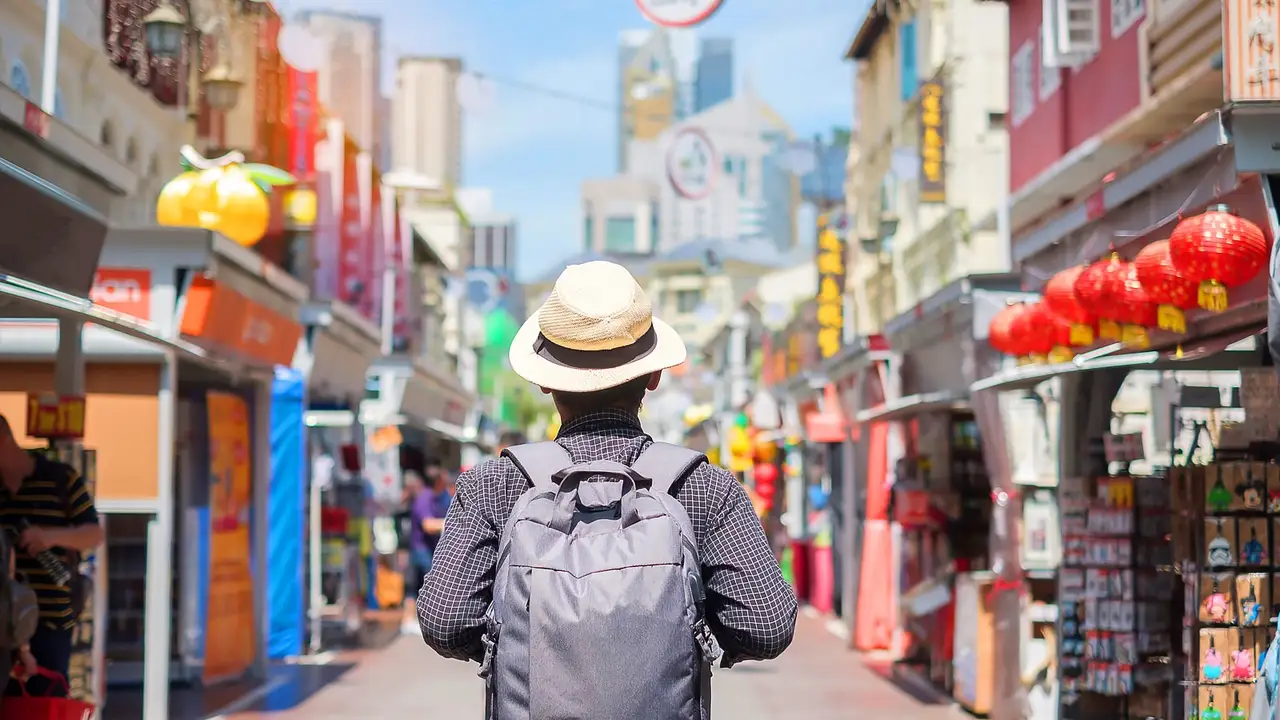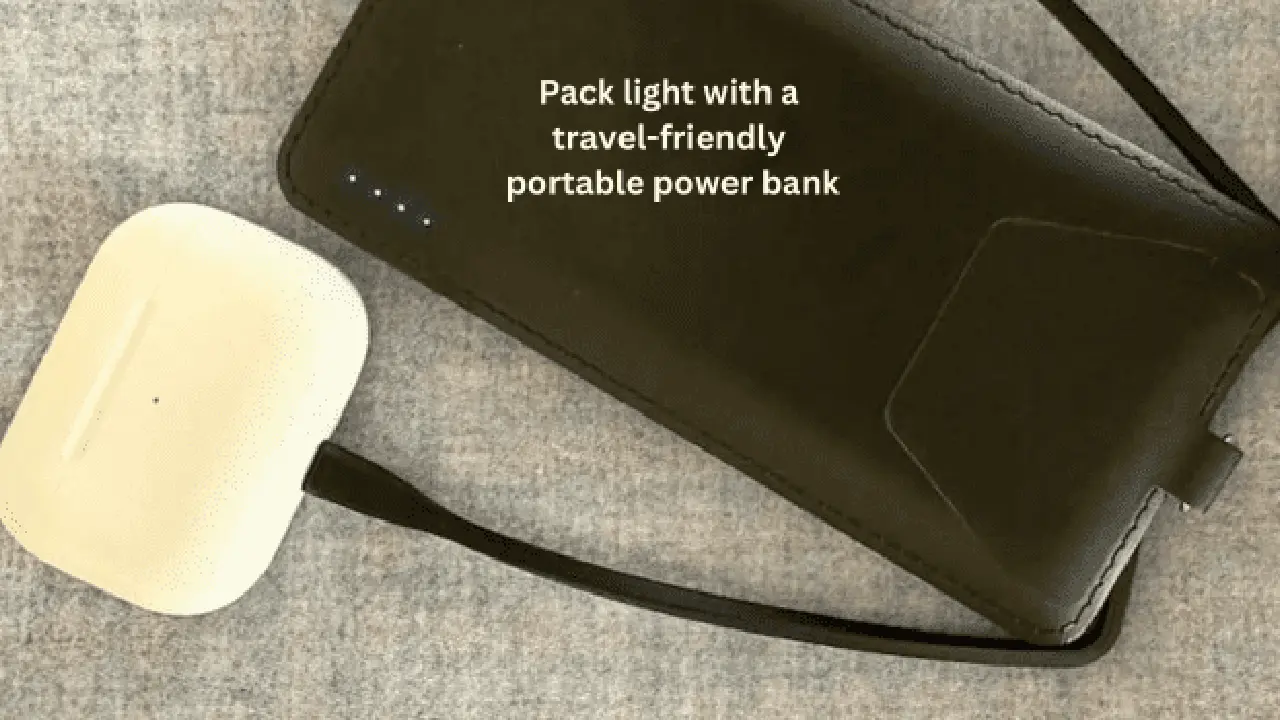Staying Healthy on Adventure Trips
Prepare for your next adventure with our guide to staying healthy on adventure trips. Learn about necessary vaccinations, food safety precautions, and hygiene practices. Stay healthy and energized to fully enjoy your travel experiences.

Pre-Trip Vaccinations and Health Consultations for Adventure Travel
Okay, so you're itching to explore the world, but hold up! Before you even think about packing your bags, let's talk vaccinations. Seriously, this is non-negotiable. You need to visit your doctor or a travel clinic at least 6-8 weeks before your trip. Why? Because some vaccines require multiple doses or take time to become effective. Plus, your doctor can give you personalized advice based on your destination, planned activities, and medical history.
What vaccines might you need? Well, it depends. For Southeast Asia, common recommendations include:
- Hepatitis A and B: Spread through contaminated food and water or bodily fluids, respectively.
- Typhoid: Another one spread through contaminated food and water.
- Japanese Encephalitis: Transmitted by mosquitoes.
- Rabies: If you're planning on interacting with animals, especially stray dogs or monkeys.
- Malaria: Speak to your doctor about preventative medication, as malaria is mosquito-borne.
Don't just assume you're covered because you had childhood vaccinations. Some might need boosters. And remember, vaccines aren't just for exotic destinations. Even for adventures within the US, you should be up-to-date on routine vaccinations like tetanus and measles.
During your health consultation, also discuss any pre-existing conditions you have and how to manage them while traveling. Get prescriptions filled, pack a copy of your prescriptions, and consider getting a letter from your doctor explaining your condition and medication needs.
Food Safety Precautions for Healthy Adventure Travel
Alright, let's talk food. Food poisoning can ruin any adventure, so pay attention! The golden rule is: \"If in doubt, throw it out.\" Seriously, don't risk it. Here's a breakdown of food safety tips:
- Water: Only drink bottled or purified water. Avoid ice unless you know it's made with purified water. Consider carrying a water filter or purification tablets for emergencies.
- Food Stalls: Be cautious of street food. Look for stalls with high turnover, where food is cooked fresh and served hot.
- Raw Foods: Avoid raw or undercooked meat, seafood, and eggs. These are breeding grounds for bacteria.
- Fruits and Vegetables: Wash them thoroughly with purified water or peel them yourself.
- Dairy Products: Be wary of unpasteurized dairy products.
Specific product recommendations for water purification:
- Sawyer Squeeze Water Filter: A lightweight and reliable filter that removes bacteria and protozoa. Around $30.
- LifeStraw Personal Water Filter: A simple straw filter perfect for individual use. Around $20.
- Aquatabs Water Purification Tablets: Easy to carry and use, killing bacteria and viruses in water. Around $10 for a pack of 30.
When choosing a water filter, consider the pore size, flow rate, and lifespan. The Sawyer Squeeze is great for backpacking because it's lightweight and has a high flow rate. The LifeStraw is a good budget option for casual travelers. Aquatabs are ideal for emergency situations where you need a quick and easy solution.
Hygiene Practices for Staying Healthy on the Road
Hygiene is key to staying healthy, especially when you're on the move. Here's a rundown:
- Handwashing: Wash your hands frequently with soap and water, especially before eating and after using the restroom. Carry hand sanitizer with at least 60% alcohol for times when soap and water aren't available.
- Showering: Shower regularly, even if it means using public showers or makeshift facilities.
- Oral Hygiene: Brush your teeth at least twice a day and floss regularly. Pack a travel-sized toothbrush, toothpaste, and floss.
- Sanitary Products: If you're a woman, bring enough sanitary products for your entire trip, as they may not be readily available or of the same quality in some destinations.
- Foot Care: Keep your feet clean and dry to prevent fungal infections. Wear breathable socks and shoes.
Product recommendations for staying clean:
- Dr. Bronner's Pure-Castile Liquid Soap: A versatile soap that can be used for body wash, shampoo, laundry, and more. Around $15 for a 32oz bottle.
- Sea to Summit Pocket Soap Sheets: Lightweight and convenient soap sheets for backpacking. Around $10 for a pack of 50.
- Quick-Drying Travel Towel: A must-have for saving space and drying quickly. The PackTowl Personal is a good option, around $25.
Dr. Bronner's is great because it's biodegradable and can be used for multiple purposes, saving you space. Soap sheets are perfect for minimalist travelers who want to save weight. A quick-drying towel is essential for staying comfortable in humid climates.
Preventing Insect Bites During Adventure Travel
Insects can be more than just annoying; they can transmit diseases like malaria, dengue fever, and Zika virus. Here's how to protect yourself:
- Insect Repellent: Use insect repellent containing DEET, picaridin, or oil of lemon eucalyptus (OLE). Apply it to exposed skin and clothing.
- Clothing: Wear long sleeves and pants, especially during dawn and dusk when mosquitoes are most active.
- Mosquito Nets: Sleep under a mosquito net, especially in areas with high mosquito populations.
- Permethrin-Treated Clothing: Consider treating your clothing with permethrin, an insecticide that repels insects.
- Avoid Scented Products: Scented lotions, perfumes, and hairsprays can attract insects.
Recommended insect repellents:
- Sawyer Products Premium Insect Repellent: Contains 20% picaridin, effective against mosquitoes, ticks, and flies. Around $10.
- Repel 100 Insect Repellent: Contains 98.11% DEET, providing long-lasting protection. Around $8.
- Coleman SkinSmart DEET-Free Insect Repellent: Contains oil of lemon eucalyptus, a natural alternative to DEET. Around $7.
Picaridin is a good alternative to DEET because it's less irritating to the skin and doesn't damage plastics. DEET is the most effective repellent but can be harsh. Oil of lemon eucalyptus is a natural option that's effective but needs to be reapplied more frequently.
Managing Altitude Sickness on High-Altitude Adventures
If you're planning a trek in the Himalayas or climbing a mountain in the Andes, altitude sickness is a real concern. Here's how to prevent and manage it:
- Acclimatization: Ascend gradually, allowing your body time to adjust to the altitude. Avoid flying directly to high altitudes.
- Hydration: Drink plenty of water to stay hydrated.
- Avoid Alcohol and Caffeine: These can dehydrate you and worsen symptoms.
- Eat Light Meals: Avoid heavy, fatty foods.
- Medication: Talk to your doctor about acetazolamide (Diamox), a medication that can help prevent altitude sickness.
- Descend if Necessary: If you develop severe symptoms, descend to a lower altitude immediately.
Acetazolamide is a prescription medication, so you'll need to consult with your doctor. It works by helping your body acclimatize to the lower oxygen levels at high altitude. It's important to start taking it a few days before you ascend to high altitude.
Protecting Yourself from Sun Exposure During Adventure Travel
Sun exposure can lead to sunburn, premature aging, and skin cancer. Protect yourself with these tips:
- Sunscreen: Use a broad-spectrum sunscreen with an SPF of 30 or higher. Apply it liberally and reapply every two hours, or more often if you're swimming or sweating.
- Clothing: Wear protective clothing, such as long sleeves, pants, and a wide-brimmed hat.
- Sunglasses: Wear sunglasses that block 100% of UVA and UVB rays.
- Seek Shade: Avoid prolonged sun exposure during peak hours (10 am to 4 pm).
Recommended sunscreens:
- EltaMD UV Clear Broad-Spectrum SPF 46: A lightweight, oil-free sunscreen that's great for sensitive skin. Around $35.
- Neutrogena Ultra Sheer Dry-Touch Sunscreen SPF 55: A budget-friendly option that's water-resistant and provides broad-spectrum protection. Around $10.
- Thinksport Safe Sunscreen SPF 50+: A mineral-based sunscreen that's reef-safe and gentle on the skin. Around $20.
EltaMD is a good choice for people with acne-prone skin. Neutrogena is a widely available and affordable option. Thinksport is a good choice for environmentally conscious travelers who want a reef-safe sunscreen.
Traveler's Diarrhea Prevention and Treatment for Healthy Travel
Traveler's diarrhea is a common ailment that can strike during adventure travel. Here's how to prevent and treat it:
- Food and Water Safety: Follow the food and water safety precautions mentioned earlier.
- Bismuth Subsalicylate (Pepto-Bismol): This can help prevent and treat mild cases of diarrhea.
- Loperamide (Imodium): This can help stop diarrhea, but use it with caution as it can mask more serious infections.
- Oral Rehydration Salts: These help replace fluids and electrolytes lost through diarrhea.
- See a Doctor: If your diarrhea is severe or lasts for more than a few days, see a doctor.
It's important to stay hydrated when you have diarrhea. Oral rehydration salts are a good way to replace lost electrolytes. Loperamide can provide temporary relief, but it's not a cure and can sometimes make things worse. If you have a fever, bloody stools, or severe abdominal pain, see a doctor immediately.
Packing a Travel First-Aid Kit for Adventure Trips
A well-stocked first-aid kit is essential for any adventure. Here's what to include:
- Bandages and Gauze: For cuts and scrapes.
- Antiseptic Wipes: To clean wounds.
- Pain Relievers: Such as ibuprofen or acetaminophen.
- Antihistamines: For allergic reactions.
- Anti-Diarrheal Medication: Such as loperamide (Imodium).
- Motion Sickness Medication: Such as dimenhydrinate (Dramamine).
- Prescription Medications: Any medications you take regularly.
- Insect Repellent: As mentioned earlier.
- Sunscreen: As mentioned earlier.
- Tweezers: For removing splinters and ticks.
- Scissors: For cutting bandages and other materials.
- Thermometer: To check for fever.
You can buy pre-made travel first-aid kits, or you can assemble your own. Make sure to check the expiration dates on all medications and replace them as needed. Store your first-aid kit in a waterproof bag to protect it from the elements.
Maintaining Mental Wellbeing While Traveling
Adventure travel can be exciting, but it can also be stressful. Here's how to maintain your mental wellbeing:
- Stay Connected: Connect with friends and family back home regularly.
- Practice Mindfulness: Take time to relax and focus on the present moment.
- Get Enough Sleep: Aim for 7-8 hours of sleep per night.
- Eat Healthy Meals: Nourish your body with nutritious foods.
- Exercise Regularly: Physical activity can help reduce stress and improve mood.
- Limit Alcohol and Caffeine: These can worsen anxiety and depression.
- Seek Support: If you're struggling, talk to a friend, family member, or mental health professional.
It's important to prioritize your mental health while traveling. If you're feeling overwhelmed, take a break and do something you enjoy. Remember that it's okay to ask for help if you need it. Many resources are available online and in person to support your mental wellbeing.
:max_bytes(150000):strip_icc()/277019-baked-pork-chops-with-cream-of-mushroom-soup-DDMFS-beauty-4x3-BG-7505-5762b731cf30447d9cbbbbbf387beafa.jpg)






